Table of Content
Skin is the largest organ of the human body, and it is constantly exposed to various environmental factors that can damage it. Skin problems can range from mild conditions like dryness and acne to serious medical conditions like skin cancer. It is important to pay attention to your skin’s health and to consult with a dermatologist if you notice any unusual changes or conditions. In this blog post, we will discuss 5 common skin conditions that you shouldn’t ignore, with insights from a dermatologist.
Acne:
Acne is a common skin condition that affects millions of people worldwide. It is caused by bacterial proliferation on your skin because of the overproduction of sebum, a natural oil that lubricates the skin. When sebum and dead skin cells clog the hair follicles it can lead to an increase in bacterial growth on the skin, which can cause pimples, blackheads, and whiteheads. Acne can be mild, moderate, or severe, and it can have a significant impact on a person’s self-esteem and quality of life.
According to Dr. Sejal Saheta, a leading dermatologist at INURSKN, acne can be treated with topical creams, oral medications, and other therapies like medical skin cleanups and chemical peels. She advises against using over-the-counter acne products without consulting with a dermatologist, as they can often worsen the condition or cause unwanted side effects. Dr. Saheta also stresses the importance of a healthy diet and lifestyle, as these factors can affect acne development. It is important to note that the single most important thing to ensure when you are prone to acne is to ensure the hygiene of the skin.
Acne, if untreated, tends to spread very rapidly as the bacteria influencing the growth migrate from one part of the body to another (or one part of the face to another) with touch. Also a very bad acne breakout can leave behind acne scars that are extremely difficult to treat and these scars tend to seriously compromise the aesthetic appearance of a person.
Eczema:
Eczema, also known as atopic dermatitis, is a chronic skin condition that causes redness, itching, and dryness. It can occur on any part of the body, but it is most common on the hands, feet, and face. Eczema is often triggered by allergens or irritants, and it can be exacerbated by stress, sweating, and other factors. While the underlying cause of eczema has never been established it is shown to have a genetic bias.
Dr. Saheta recommends that patients with eczema avoid harsh soaps and detergents, wear loose-fitting clothing, and keep their skin moisturized. She also advises against scratching or rubbing the affected areas, as this can cause further damage and inflammation. In severe cases, prescription steroidal medications may be necessary to control the symptoms of eczema.
Please note that Eczema is often confused with dry skin, this is not true. Most patients who suffer from eczema may even take very good care of the skin and yet an eczema rash can occur.
Psoriasis:
Psoriasis is a chronic autoimmune condition that causes the skin to become thick, red, and scaly. It can occur anywhere on the body, but it is most common on the scalp, elbows, and knees. Psoriasis can be triggered by stress, infections, and other factors, and it can have a significant impact on a person’s quality of life.
According to Dr. Saheta, psoriasis can be treated with topical creams, phototherapy, and other therapies. She advises patients to avoid triggers like stress and infections and to maintain a healthy lifestyle with regular exercise and a balanced diet. In severe cases, prescription medications may be necessary to control the symptoms of psoriasis.
It is important to know about psoriasis as patients who suffer from it may often ignore the condition as dry skin and this can be harmful. Please note that psoriasis if not controlled can spread very rapidly across the body and also involve other organs. Hence it is very important to catch this condition in its early stages.
Rosacea:
Rosacea is a chronic skin condition that causes redness, flushing, and visible blood vessels on the face. It can also cause pimples, bumps, and thickened skin on the nose. Rosacea is often triggered by sun exposure, stress, and other factors, and it can be exacerbated by certain foods and drinks.
Dr. Saheta recommends that patients with rosacea avoid triggers like spicy foods, alcohol, and sun exposure. She also advises against using harsh skincare products or abrasive exfoliants, as these can irritate the skin and worsen the condition. In some cases, prescription medications may be necessary to control the symptoms of rosacea.
Rosacea is confused as a sign of your skin being healthy and pin, this is not true. While rosacea does not pose any significant health risk it can be socially embarrassing.
Skin Cancer:
Skin cancer is a serious medical condition that can be life-threatening if not detected and treated early. It is caused by the abnormal growth of skin cells, and it can occur anywhere in the body. Skin cancer is often caused by sun exposure, but there are other risk factors as well, including a family history of skin cancer and a weakened immune system. Please note that people with lighter skin tones are more likely to develop skin cancer, most Indians do not have a high risk of developing Skin Cancer.
According to Dr. Saheta, regular skin exams and self-checks are crucial for detecting skin cancer early. She advises patients to use sunscreen daily, wears protective clothing and seek shade when possible, and avoid tanning beds and activities like sunbathing. If you notice any unusual moles or growths on your skin, it is important to consult with a dermatologist immediately.
In conclusion, these 5 skin conditions can have a significant impact on a person’s health and quality of life. It is important to pay attention to your skin’s health and to consult with a dermatologist if you notice any unusual changes or conditions. With the right treatment and lifestyle modifications, many skin conditions can be managed effectively, allowing patients to enjoy healthy, clear skin. At INURSKN, Dr. Sejal Saheta and her team of experienced dermatologists are dedicated to providing comprehensive, personalized care for patients of all ages and skin types.

Top 7 Questions To Ask Your Hair Specialist
Read More
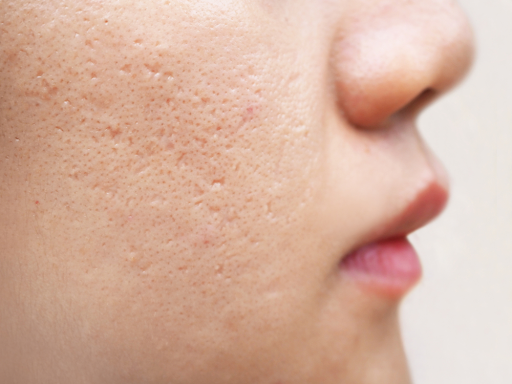
Treatment Of Skin Peel in Mumbai What It Is, How It Works, Safety, and Side Effects
Read More





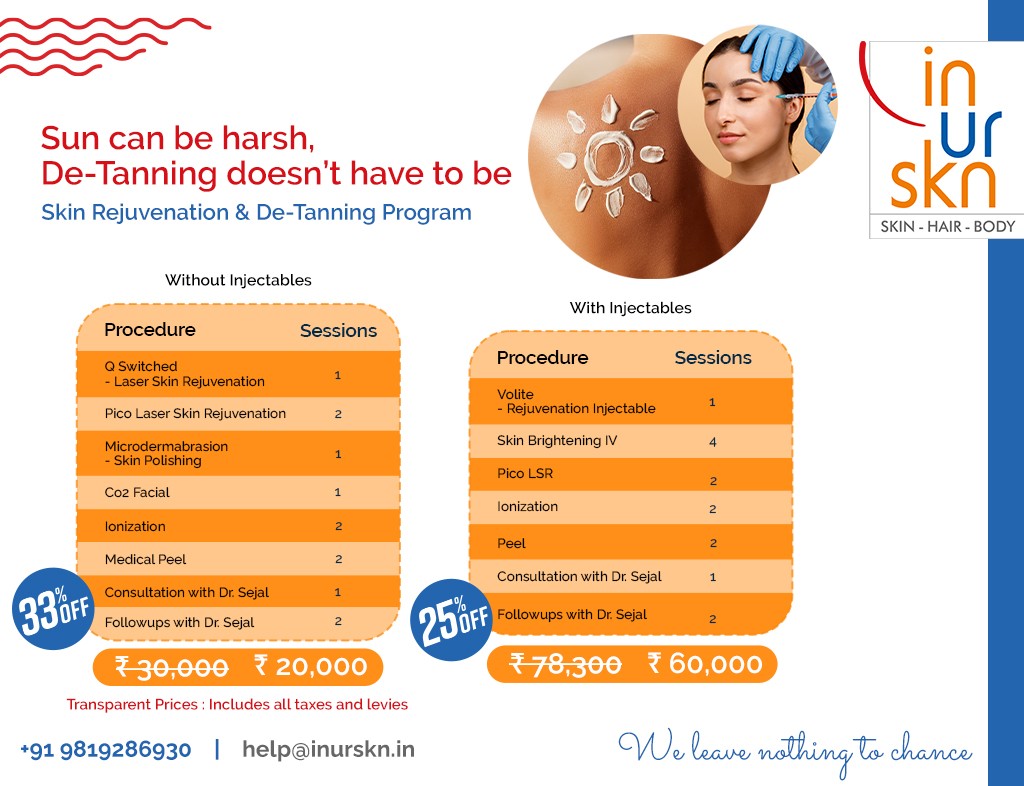
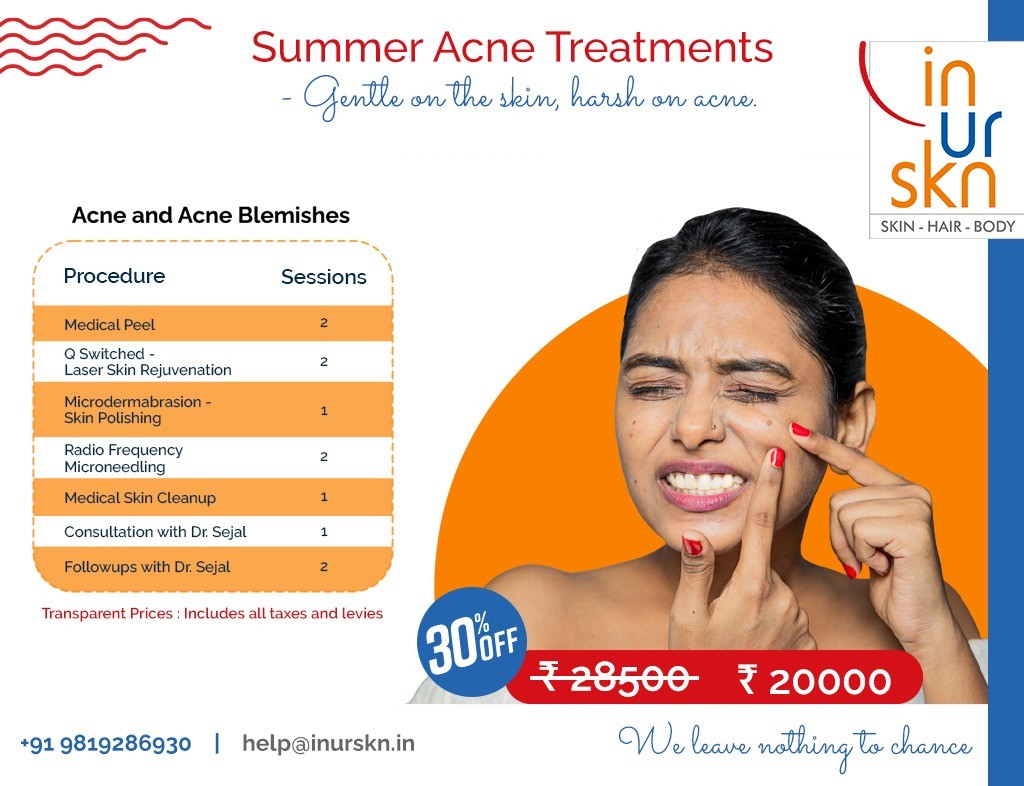















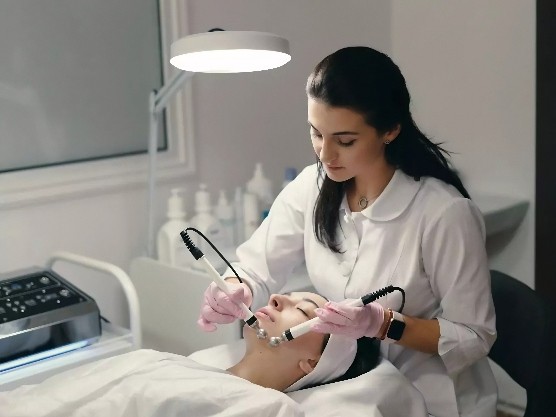
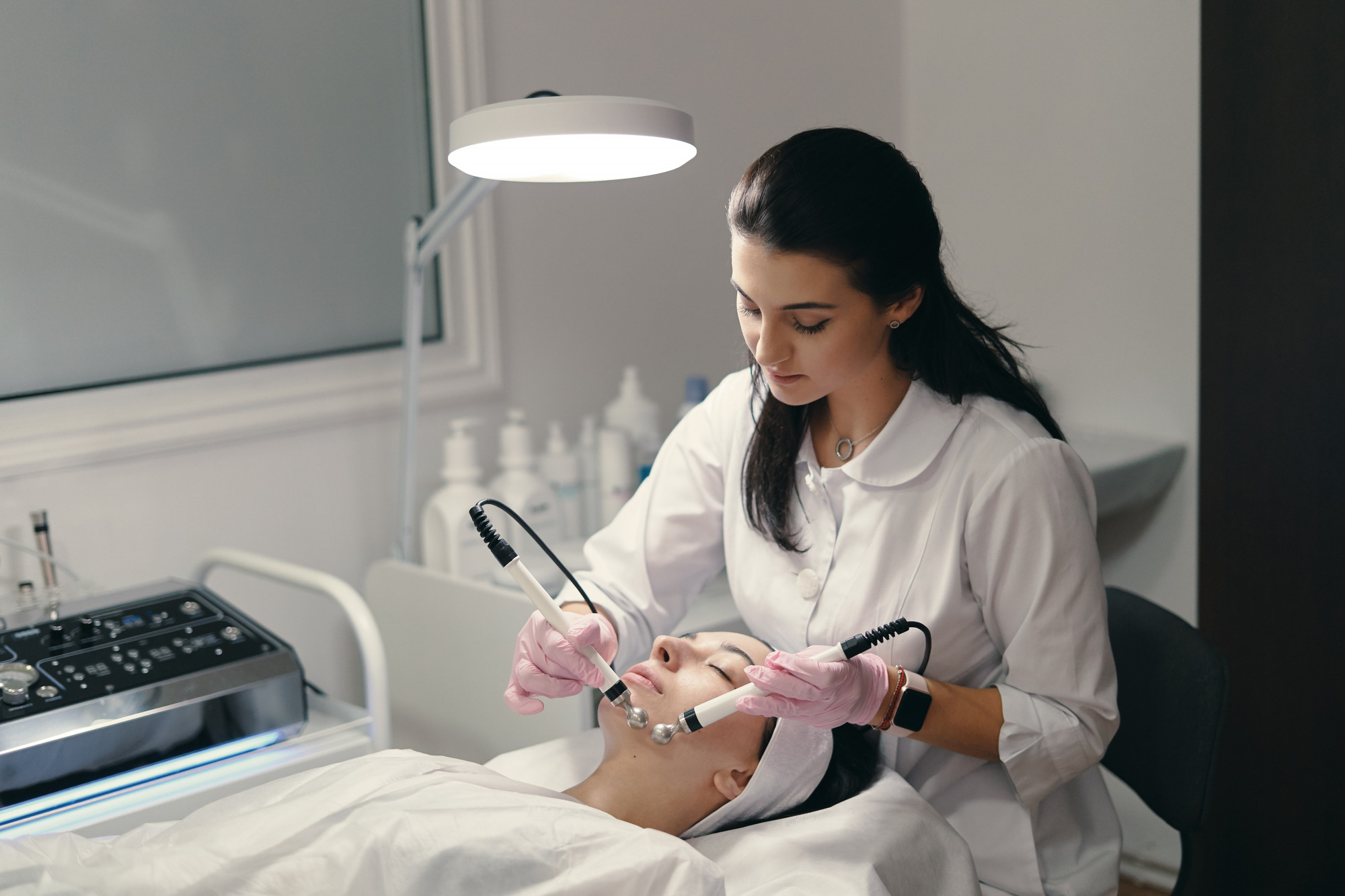
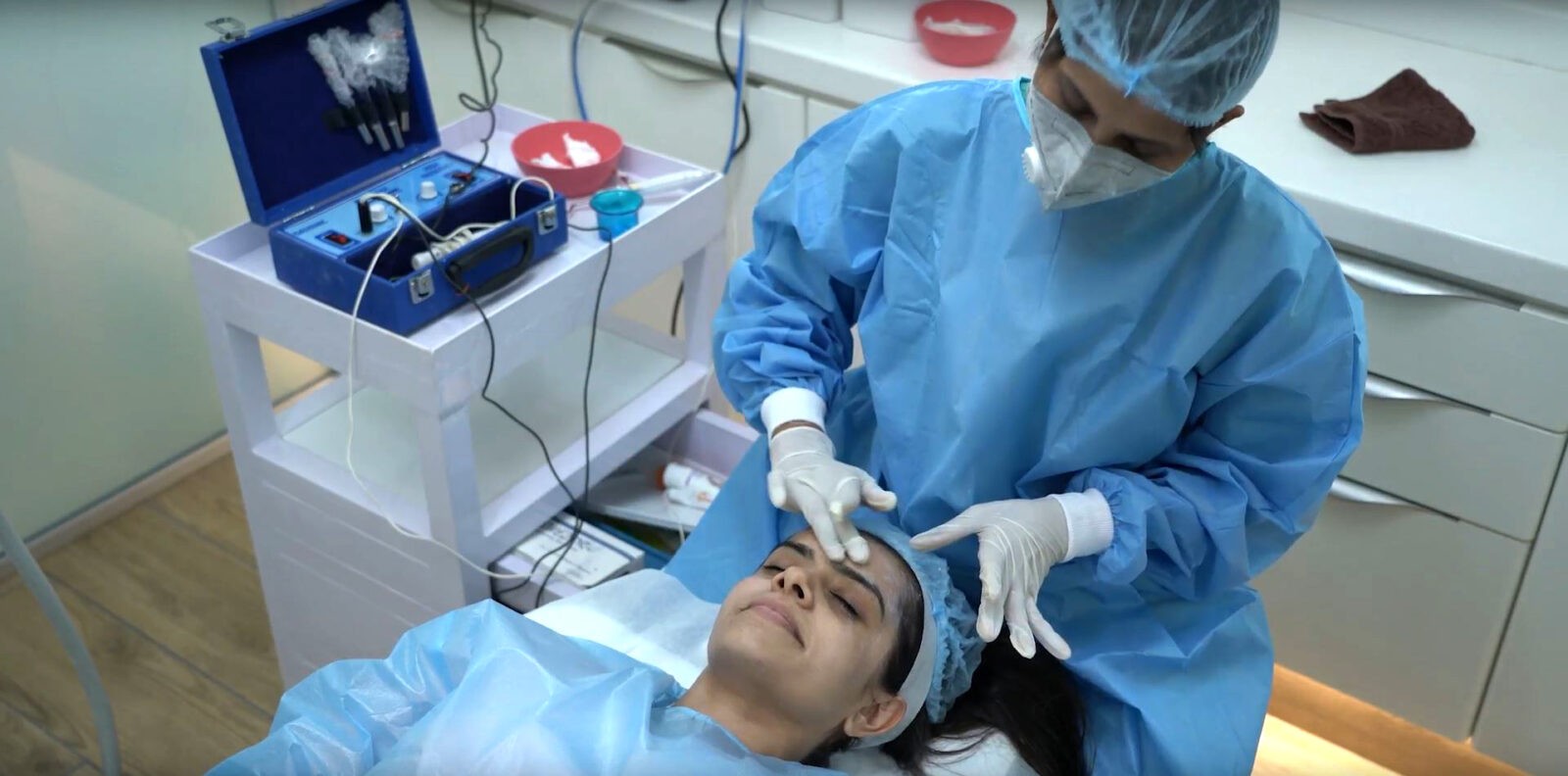
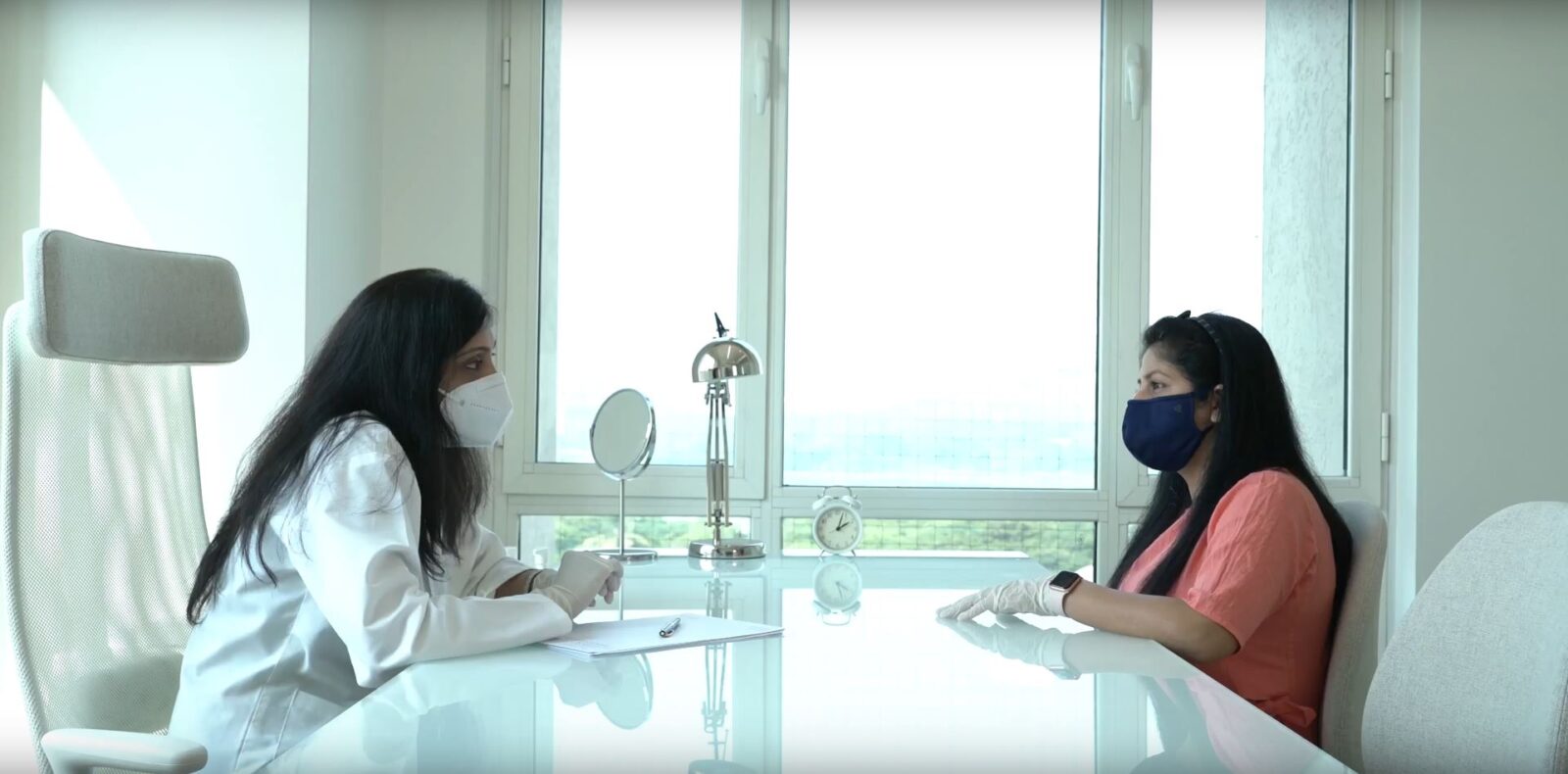

 Call us
Call us Book Appointment
Book Appointment Enquire
Enquire Location
Location




